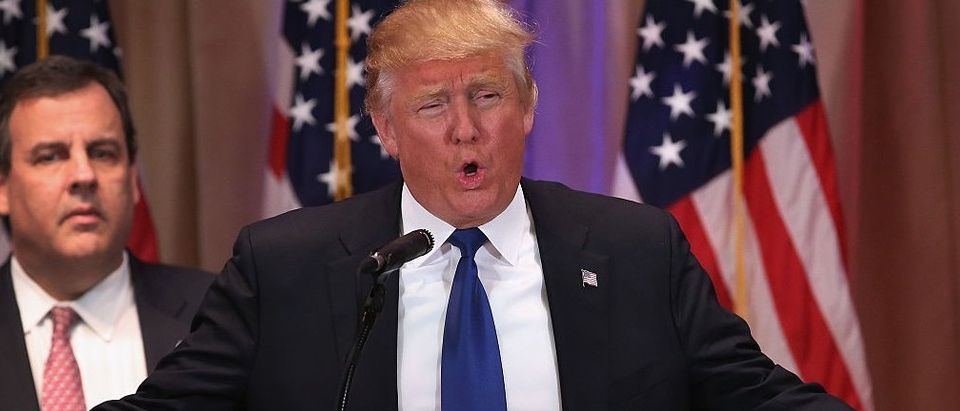Maybe it’s because I grew up in a time when popular culture celebrated the rebel, but I find the Kool-Aid drinkers—no matter which side they’re on—to be the worst.
I don’t trust politicians. For this reason, I knew Obama was full of it when he promised “hope and change,” and, for the same reason (I suspect), I’ve never been susceptible to Donald Trump’s demagogic appeal. Sure, I like some pols better than others. But they’re all egomaniacs.
I’m a little bit afraid of the political leader who can get people worked up into a frenzy of hope or fear. But that’s just me. I don’t put my trust in princes.
(An aside: I’m not going to name names here, but you will find some surprising overlap between the credulous and quixotic lemmings who enthusiastically supported Obama in 2008—and those who support Trump today. Indeed, some of Trump’s biggest cheerleaders were snookered by Obama—before being seduced by The Donald.)
Interestingly, this might be the definitive reason why I’m not a huge Trump fan, and why others are. A terrific article at VOX (I can’t believe I’m writing those words) essentially makes the point that there is a correlation between your penchant for authoritarianism and your support for Donald Trump. What is more, I think it explains the schism that might well cause the GOP to unravel:
These Americans with authoritarian views, they found, were sorting into the GOP, driving polarization. But they were also creating a divide within the party, at first latent, between traditional Republican voters and this group whose views were simultaneously less orthodox and, often, more extreme.
The article goes on to theorize that “by positioning itself as the party of traditional values and law and order, [the GOP] had unknowingly attracted what would turn out to be a vast and previously bipartisan population of Americans with authoritarian tendencies.” (Note: It’s a long and very good piece, so read the whole thing. Seriously, before you disagree with what I’ve written, read the VOX piece, which likely addresses your questions or concerns.)
Again, I’m not sure why some conservatives have stronger authoritarian tendencies than others. The article suggests that it might be hardwired, but I suspect my sensibilities were informed by the fact that I’m a Gen-Xer.
We grew up in a time when we were encouraged to “question authority,” and when every movie or TV (anti)hero refused to “get in line” or “do what you’re told” (the irony that we were influenced by Hollywood movies does not escape me). Previous generations celebrated conformity, and I suspect that millennials, likewise, don’t have the same penchant for anti-authoritarianism as my generation of slackers.
Although this zeitgeist probably came from liberal hippies, I always felt that it was very consistent with my conservative philosophy of individualism. How could skepticism of elites, media, teachers, and politicians not be conservative? In fact, I always felt like liberals (with their hero worship, thought police, and penchant for heavy-handed, central-command politics) were the hypocrites. There was nothing more courageous, daring, or shocking than coming out as a conservative in Shepherdstown, West Virginia (where I matriculated).
In any event, I think the VOX piece is valuable when it comes to explaining why some on the Right love Trump (and would vote for him even if he shot someone), while others can’t stand him—and would never vote for him.
It has nothing to do with whether you’re a grassroots conservative or an “establishment” Republican (indeed, Trump is a liberal), and everything to do with authoritarian vs. anti-authoritarian tendencies. That’s the theory, at least, and it’s one that I’m finding increasingly persuasive.


